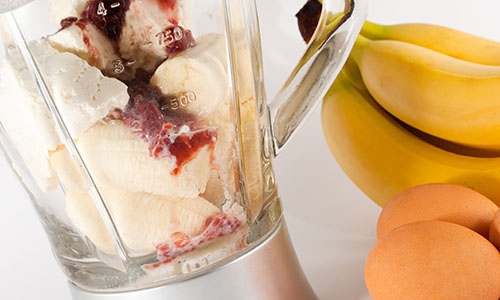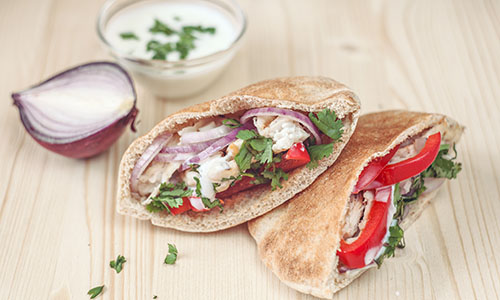5 diet tips to prepare for bariatric surgery
- Overview
- Full article
- Related articles

Reversing poor eating habits that lead to weight gain takes time, and the months leading up to bariatric surgery are an ideal time to implement dietary changes that will ensure long-term maintenance of healthy weight.
Research has found that patients who lose weight during this preparation period tend to lose more weight after the surgery and are more successful in long-term weight maintenance.
After surgery, your stomach will be considerably smaller, so pre-operation is the time to decrease the amount you eat to prepare for this. At the same time, it is vital that your diet is low in calories for weight loss, but high in nutrients that will ensure successful healing and recovery. So here's five tips for successfully preparing your diet before surgery.
1. Choose nutrient-dense foods
Make sure you include fruits, vegetables and salads, as these contain fibre to help you feel fuller for longer, as well as nutrients vital for the healing process such as vitamin C.
2. Eat protein
Including protein with every meal not only slows down digestion but helps to preserve muscle during periods of rapid weight loss.
3. Include omega-3 fatty acids
This is important as omega-3 helps to reduce inflammation both pre- and post-operation, so eat small portions of oily fish and flaxseed.
4. Avoid nutrient-poor foods and drinks
Because your portion sizes will be small, make sure every bite counts and choose foods high in vitamins and minerals. Avoid processed foods and those high in sugar and fats, as well as sugary and fizzy drinks.
5. Be aware of portion sizes
You should be aiming for 800 to 1,000 calories per day, with around 100g of carbohydrate (total per day). Lean protein (fish, poultry, eggs, tofu, beans) should be 100g per portion. Avoid saturated fats and choose sources of omega 3 fatty acids such as salmon, trout, mackerel and flaxseed.
Nutritionally-balanced meal ideas

Breakfasts:
- Around 3 tablespoons of porridge oats with skimmed milk or low-sugar almond milk, topped with a small handful of fresh berries and flaxseed oil
- Small slice of wholegrain toast topped with half a mashed avocado and a tablespoon of plain soya yoghurt
- One poached egg with grilled tomato
- Smoothie made with almond milk, a small banana, a handful of lightly steamed kale, flaxseed oil and a tablespoon of oats
Lunches:
- Homemade lentil and vegetable soup
- Half wholegrain pitta bread with 100g of chicken (no skin) and two handfuls of chopped salad (for example spinach, grated carrot or beetroot, cucumber, radishes and tomato)
- Two oatcakes with a tablespoon of houmous, carrot sticks and a piece of fruit
Dinners:
- Salmon (100g) with wholegrain rice (20g) and mixed steamed vegetables (for example, broccoli, spinach, kale, carrots, leeks)
- Chicken or tofu (100g) with quinoa (20g) and steamed vegetables or salad
- Prawns or tofu (100g) with soba noodles (20g) and mixed vegetables (such as peppers, beansprouts, broccoli, pak choi, carrots, mushrooms) stir-fried in a teaspoon of rice bran oil with garlic and fresh ginger
Your hospital may require you to follow a liquid-only diet for two weeks prior to your operation and it is vital that you follow their instructions.
Last updated Friday 5 August 2016
First published on Tuesday 1 March 2016

